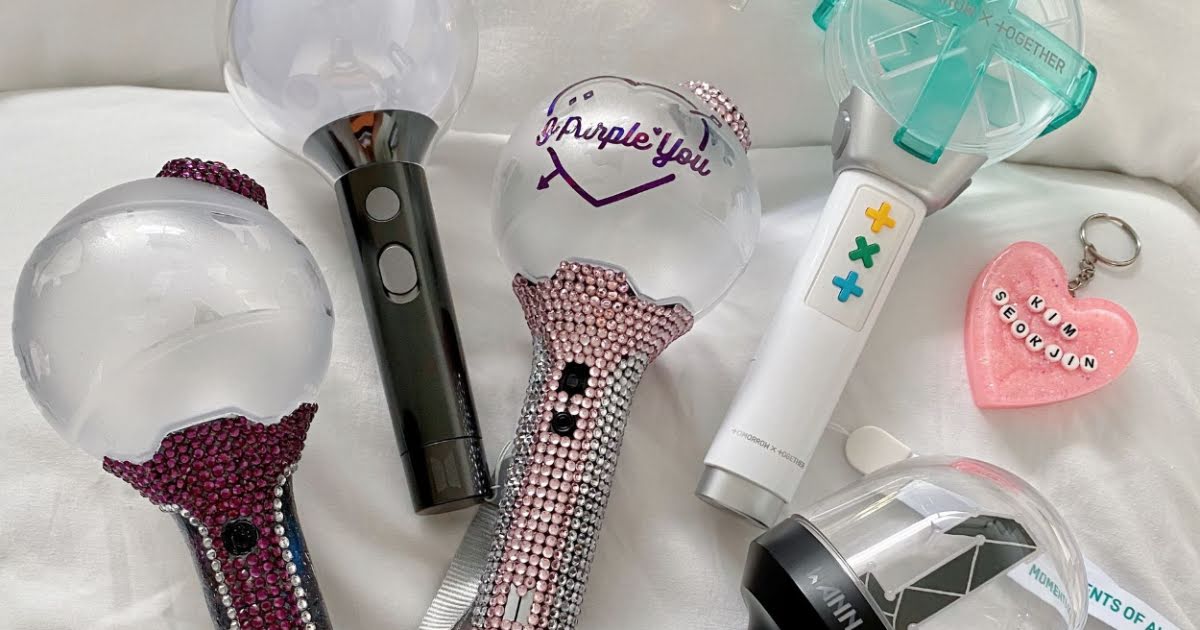The U.S. K-Pop fandom is attracting attention in the local music market due to its extraordinary consumption. LUMINATE, an American music market company, recently dropped its 2023 annual report and introduced the K-pop merchandise market as “big business.”
Luminate’s annual report. | Luminate
According to a survey, last year, Generation Z K-pop fans in the United States spent $24 (~30,000 KRW) per month on artist merch or goods. This is 140% higher (2.4 times) compared to the average American listener’s monthly consumption; compared to J-pop fans, they spent $8 (~10,000 KRW) more per month.
Vice President of LUMINATE called this a “huge number” and said, “It means there is a tremendous opportunity to increase artist sales on (artist) products.”
American K-pop fans were 50% more likely than the average listener to purchase related products, especially when they were unable to attend an artist’s music event, such as a concert. In addition, the number of responses saying “I want more product options” was 60% higher than the average listener.
The report viewed the consumption phenomenon of K-pop fans as one of the characteristics of “super fans”, who occupy an important position in the American music industry. “Super fans” are an active fan base who engage with artists in a variety of ways, from streaming to social media, purchasing merchandise, and attending performances.
KCON LA is one of the largest K-Pop festivals in the U.S. | CJ ENM
One LUMINATE analyst stated in a webinar related to the report that K-pop fans are “very loyal and passionate,” and estimated that “the proportion of ‘super fans’ will be quite high.”
It appears that the idiosyncrasies of local K-pop fans played a part in causing this phenomenon to appear in the United States.
The editor-in-chief stated, “K-pop fans in the United States have the characteristic of spreading mainly among minorities,” and analyzed, “There are probably many people who consume artist products to express their identity as doing something different from the mainstream.”
The explanation is that, unlike domestic fans, American K-pop fans purchase products for actual use rather than just for possession, and through this, they actively reveal their identity. In addition, they added, “Because K-pop fan signing events are relatively not active overseas, there may have been an incentive to consume products.”
The local K-pop market in the United States appeared to have continued to grow steadily last year. Last year, world music, including K-pop, grew 26.2% year-on-year based on on-demand audio streaming in the U.S., growing the fastest among genre markets.
Looking at the languages of the top 10,000 most streamed songs in the United States in the same year, Korean accounted for 0.7%, ranking third after English (88.8%) and Spanish (8.1%).




